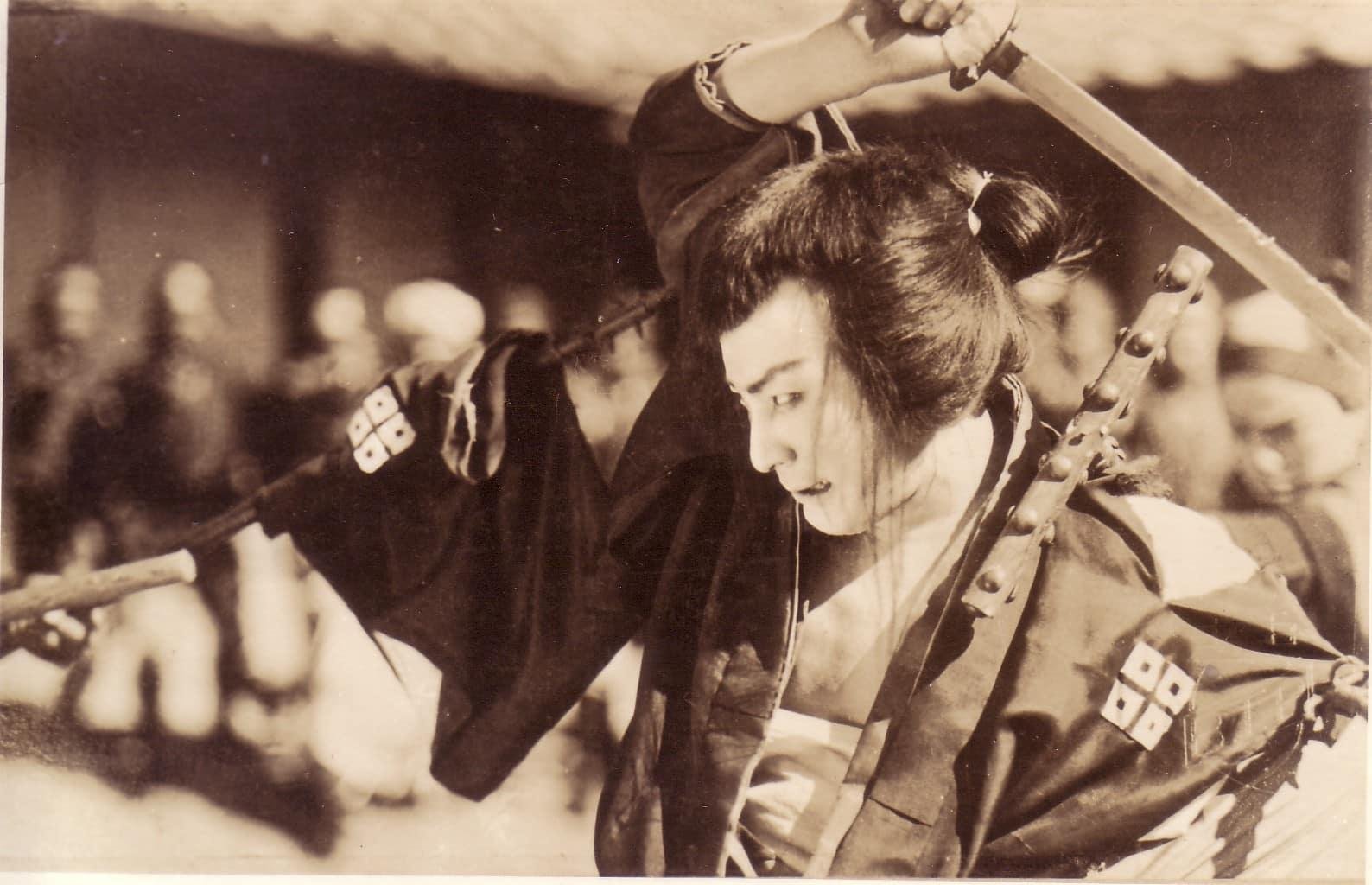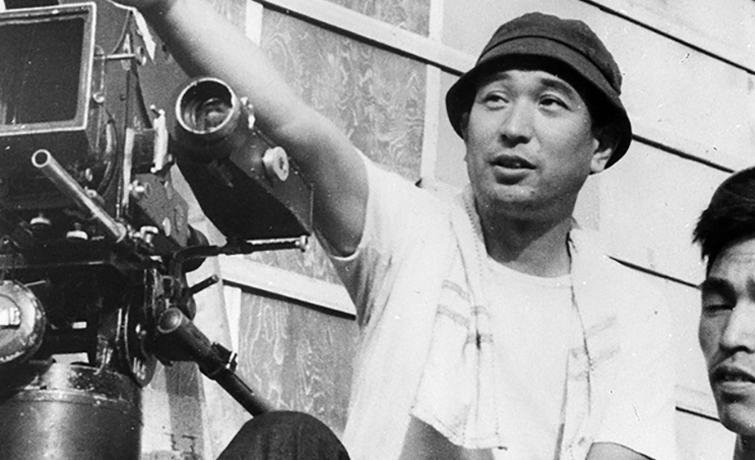Seven Samurai: A Masterpiece of Japanese Cinema and its Lasting Impact on Film History
Japanese cinema has a rich history that has left an indelible mark on the world of film. From the early days of silent film to the present day, Japanese filmmakers have created some of the most powerful, poignant, and visually stunning works of cinema in the world. One film that stands out as a true masterpiece of Japanese cinema is Seven Samurai. Directed by Akira Kurosawa and released in 1954, it has had a lasting impact on the art of filmmaking and continues to be celebrated by critics and audiences alike. In this article, we’ll explore the enduring influence of Seven Samurai on film history and why it remains a must-see for any cinephile.
Japanese cinema has a rich history that has left an indelible mark on the world of film. From the early days of silent film to the present day, Japanese filmmakers have created some of the most powerful, poignant, and visually stunning works of cinema in the world. One film that stands out as a true masterpiece of Japanese cinema is Seven Samurai. Directed by Akira Kurosawa and released in 1954, it has had a lasting impact on the art of filmmaking and continues to be celebrated by critics and audiences alike. In this article, we’ll explore the enduring influence of Seven Samurai on film history and why it remains a must-see for any cinephile.

Introduction to the topic of Japanese cinema and its impact on film history
When we talk about the history of cinema, we cannot overlook the significant impact of Japanese cinema. Japanese cinema has been a major contributor to the development of world cinema, not only in terms of its stylistic innovations but also in the themes it explores. From the early days of Japanese cinema in the 1920s and 30s, to the post-war era, and up to the present day, Japanese cinema has produced iconic films that have influenced filmmakers all over the world. In this article, we will explore the impact of Japanese cinema on film history and its contribution to the art of filmmaking.
Overview of the history of Japanese cinema, including key directors and films
Japanese cinema has had a significant impact on film history, influencing filmmakers and audiences all over the world. The country’s film industry began in the early 20th century, with the production of silent films. However, it wasn’t until the post-World War II era that Japanese cinema truly blossomed. Key directors such as Akira Kurosawa, Yasujiro Ozu, and Kenji Mizoguchi emerged during this time, each with their own unique style and approach to filmmaking. Some of the most famous Japanese films of all time include Kurosawa’s “Seven Samurai,” Ozu’s “Tokyo Story,” and Mizoguchi’s “Ugetsu.” These films, along with many others, continue to be celebrated and studied by film enthusiasts around the world.
Influence of Japanese cinema on Hollywood and other international film industries
Japanese cinema has had a profound impact on Hollywood and other international film industries. From the visually stunning cinematography of Akira Kurosawa to the groundbreaking animation of Studio Ghibli, Japanese films have influenced and inspired countless filmmakers and movie-goers around the world. Japanese horror films, such as the iconic “Ring” franchise, have also left a lasting impact on Hollywood‘s horror genre. Additionally, Japanese cinema has paved the way for a more nuanced understanding of cultural differences and storytelling techniques, expanding the global cinematic language. The influence of Japanese cinema remains strong and continues to shape the film industry today.

Japanese cinema and the development of genre films such as samurai and horror
Japanese cinema has had a significant impact on the film industry, especially when it comes to the development of genre films such as samurai and horror. The samurai genre is based on the honor code of the samurai warriors and their battles against enemies, while the horror genre often incorporates Japanese folklore and supernatural elements. These genres have become iconic in Japanese cinema, and directors such as Akira Kurosawa have influenced filmmakers around the world. Through their unique storytelling and visual techniques, Japanese cinema has left a lasting impression on film history.
The significance of Japanese auteurs like Akira Kurosawa and Yasujiro Ozu
Japanese cinema has had a profound impact on the film history and the work of legendary auteurs like Akira Kurosawa and Yasujiro Ozu are a testament to that. Kurosawa’s masterpieces such as “Seven Samurai” and “Rashomon” have redefined the art of storytelling and cinematography. Ozu, on the other hand, was a master of subtlety and simplicity, creating films that explored the nuances of human relationships. Their unique styles and storytelling techniques have left an indelible mark on the global cinematic landscape, and their work continues to inspire filmmakers all around the world.
The impact of Japanese cinema on animation and anime culture
The impact of Japanese cinema on animation and anime culture is undeniable. Japanese filmmakers have been pioneers in using animation as a medium to convey complex stories and emotions, with films such as Akira and Ghost in the Shell becoming cultural touchstones. These films have not only influenced animation styles worldwide but also spawned a unique anime culture that has captivated audiences worldwide. The use of vivid visuals, compelling storytelling, and innovative techniques has led to a distinctive style that has inspired many animators and filmmakers globally. The impact of Japanese cinema on animation and anime culture will continue to be felt for years to come, cementing its place as a vital part of film history.

Japanese cinema and its role in shaping global film festivals and awards
Japanese cinema has had a significant impact on the global film industry and has played a crucial role in shaping film festivals and awards. From the early works of Akira Kurosawa to the contemporary films of Hirokazu Koreeda, Japanese cinema has been renowned for its unique storytelling style and innovative techniques. The success of Japanese films in international festivals such as Cannes, Venice, and Berlin has led to the recognition of the country’s rich cinematic heritage. It has also set the standards for other Asian countries to follow and has influenced the way films are made and appreciated globally. Japanese cinema continues to shape the film industry and inspire filmmakers around the world.
The continued legacy of Japanese cinema in contemporary films and pop culture
The continued legacy of Japanese cinema can be easily noticed in contemporary films and pop culture. From Akira Kurosawa’s iconic samurai films to the horror genre, Japanese cinema has had a significant impact on the film industry. Its influence can be seen in Hollywood movies such as The Magnificent Seven (1960), which is a western adaptation of Kurosawa’s Seven Samurai (1954), and in the horror genre with remakes of classic Japanese films like The Ring (2002). The unique visual style and storytelling techniques of Japanese cinema have left an indelible mark on the film history and continue to inspire filmmakers and entertain audiences worldwide.
Criticisms and controversies surrounding Japanese cinema and its representation of certain themes and cultures
Despite being praised for its unique and innovative takes on storytelling, Japanese cinema has also faced criticisms and controversies throughout its history. One such criticism is its representation of certain themes and cultures, particularly the portrayal of women and the depiction of non-Japanese cultures. Some argue that Japanese cinema often reinforces gender stereotypes and exoticizes foreign cultures, perpetuating harmful stereotypes. However, others defend the artistic license of filmmakers and argue that these representations are often a reflection of the cultural context and social norms of the time. Regardless, it is important to acknowledge and discuss these criticisms in order to continue to evolve and improve representation in cinema.
Conclusion on the enduring impact of Japanese cinema on the history and evolution of film as an art form
In conclusion, Japanese cinema has had a significant and enduring impact on the history and evolution of film as an art form. The creativity and innovation of Japanese filmmakers have inspired and influenced many filmmakers around the world. Japanese films have consistently explored complex themes such as identity, tradition, and modernity. The use of unique storytelling techniques, cinematography, and sound design have also left a mark on the global film industry. From classic masterpieces to contemporary cinema, Japanese films continue to captivate audiences and inspire new generations of filmmakers. It is clear that the influence of Japanese cinema on the art of filmmaking will continue to be felt for years to come.
For more information about Japanese cinema impact on film history, including movie details, cast information, etc..
check out the filmaffinity page.



